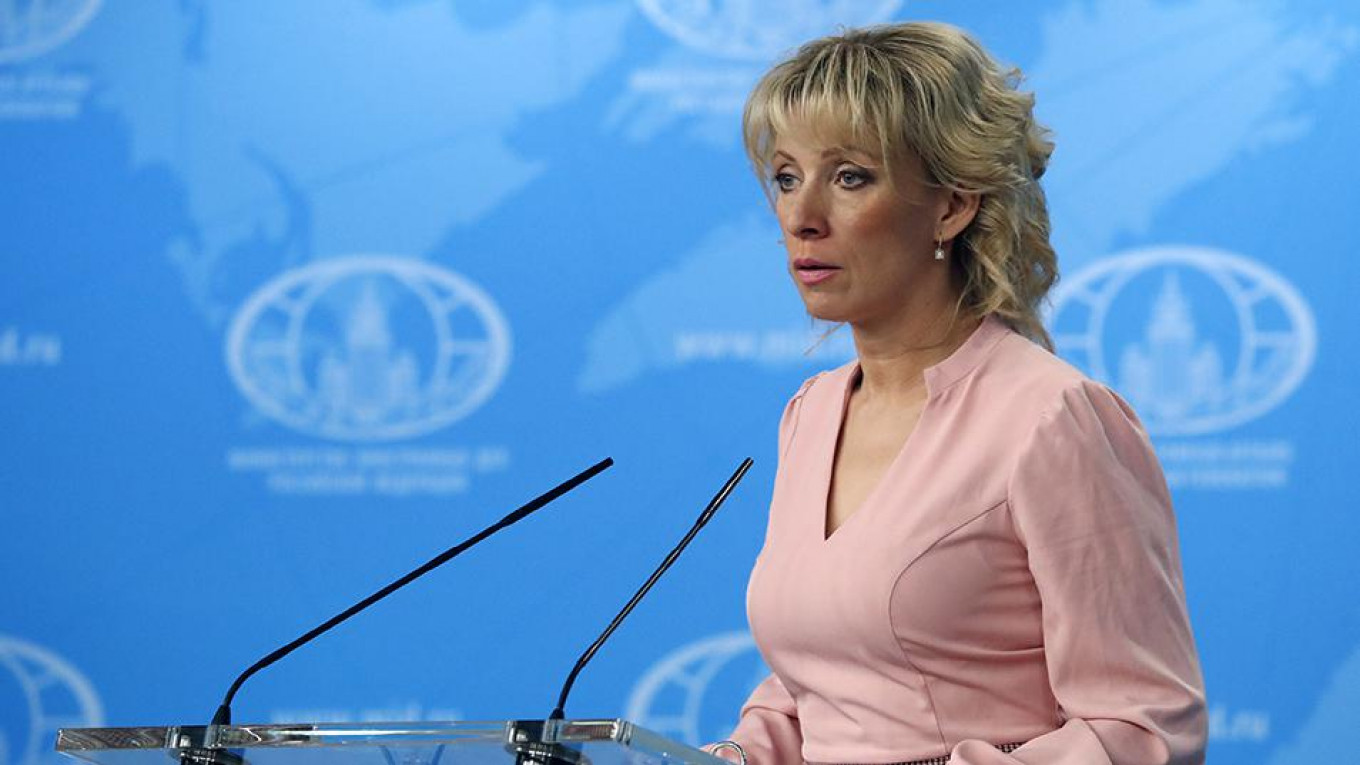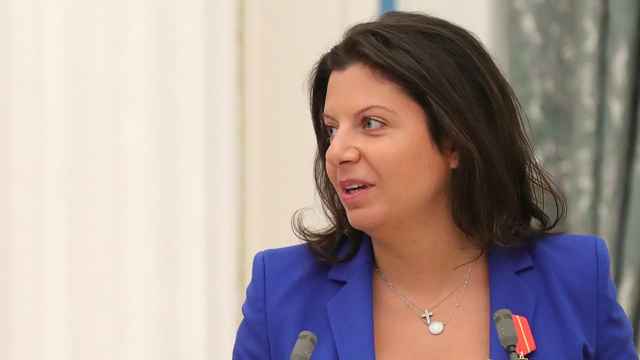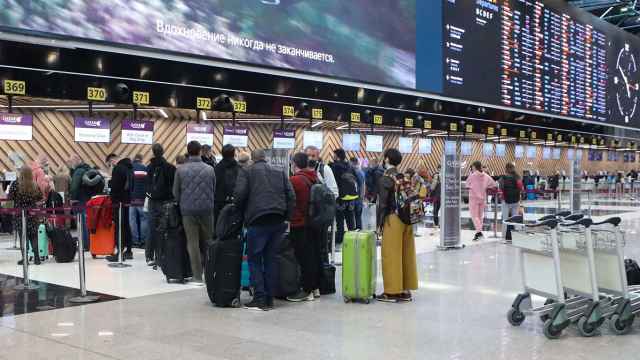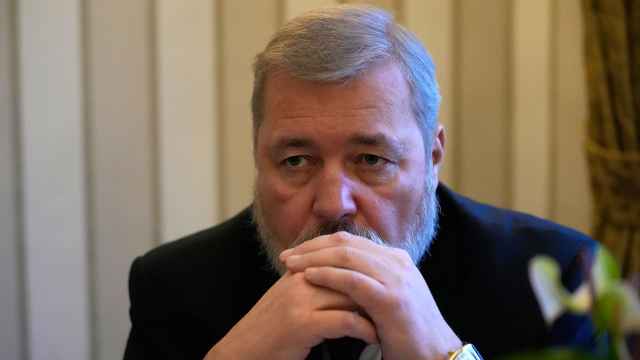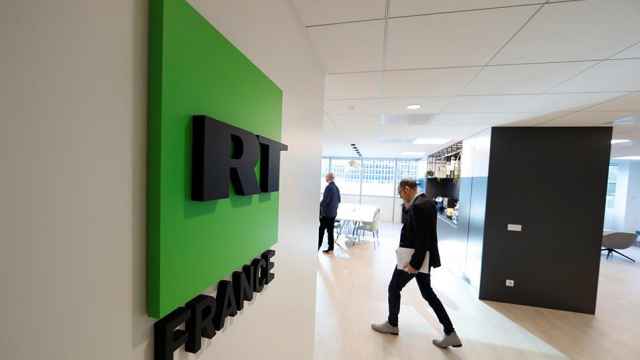Russia announced on Wednesday it had begun analyzing the output of British media working on its territory with a view to opening formal investigations into its objectivity, a response to what it called British attempts to curb Russian media.
Moscow said it was acting reluctantly after a decision by Britain's media regulator on Monday to open a further three investigations into Russia's RT to determine whether the Kremlin-backed TV channel had breached impartiality rules in its reporting.
That move, which stoked fears in Moscow that RT might be stripped of its broadcast licence, took to 11 the number of RT programmes under investigation in Britain and angered Moscow, whose relations with London are at a low after a nerve agent attack on former Russian spy Sergei Skripal in March.
Russian Foreign Ministry spokeswoman Maria Zakharova said that Ofcom, the British media regulator, had not yet explained its latest concerns about RT's content and accused it of unfairly harassing Russian media.
"I can confirm that there will be a tough response to this whole show and its outcome," Zakharova told a news briefing in Moscow on Wednesday.
"The relevant structures in our country have started to study in detail the output of British media which are represented in Russia."
She said London's treatment of Russian media had forced Moscow's hand, which is why it had decided to respond in kind and would be going further than merely calling out what it regarded as propaganda in the British media.
'Inconvenient facts'
Zakharova did not name any British media in particular, but called into question the objectivity of British newspapers and TV channels when it came to the Skripal affair, saying only a handful had tried to be balanced in their coverage.
Zakharova, who has previously warned that not a single British media outlet would be allowed to work in Russia if RT lost its British licence, lashed out at Ofcom.
"We have absolutely no doubt that what we have here is another attempt by the British regulator to limit the activity of our media in Britain which publish inconvenient facts for official London," she said.
Western critics dismiss RT, whose British arm produces UK-specific content, as a Kremlin mouthpiece designed to sow disinformation. The channel, previously known as Russia Today, says it offers a refreshing Russian-slanted alternative take on global events to mainstream Western media.
Some British lawmakers unhappy about what they call its pernicious propaganda have called on Prime Minister Theresa May to use her influence to get RT shut down in Britain.
But other lawmakers have warned such a move would backfire by prompting Moscow to halt the work of British journalists in Russia and by leaving London vulnerable to accusations of stifling free speech.
U.S. intelligence agencies have called RT "Russia's state-run propaganda machine" and accused it of contributing to Moscow's campaign to interfere with the 2016 U.S. presidential election, something Russia denies.
A Message from The Moscow Times:
Dear readers,
We are facing unprecedented challenges. Russia's Prosecutor General's Office has designated The Moscow Times as an "undesirable" organization, criminalizing our work and putting our staff at risk of prosecution. This follows our earlier unjust labeling as a "foreign agent."
These actions are direct attempts to silence independent journalism in Russia. The authorities claim our work "discredits the decisions of the Russian leadership." We see things differently: we strive to provide accurate, unbiased reporting on Russia.
We, the journalists of The Moscow Times, refuse to be silenced. But to continue our work, we need your help.
Your support, no matter how small, makes a world of difference. If you can, please support us monthly starting from just $2. It's quick to set up, and every contribution makes a significant impact.
By supporting The Moscow Times, you're defending open, independent journalism in the face of repression. Thank you for standing with us.
Remind me later.


